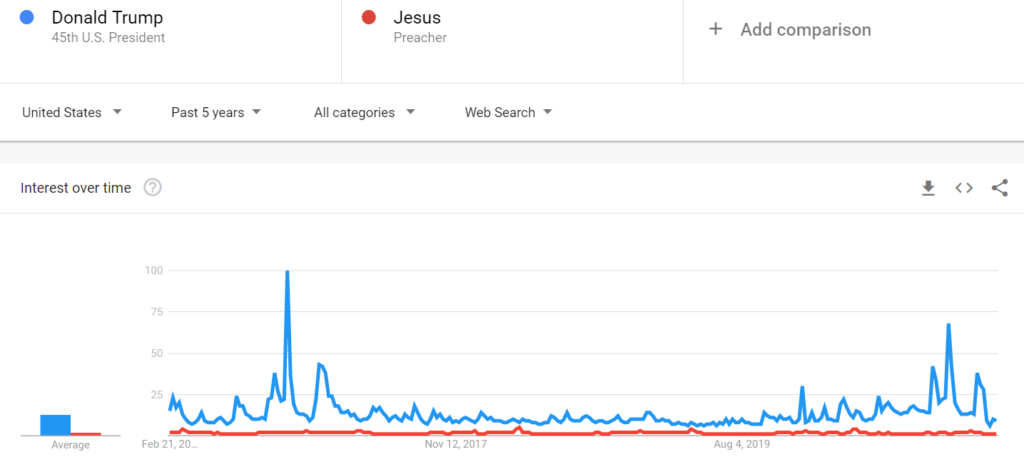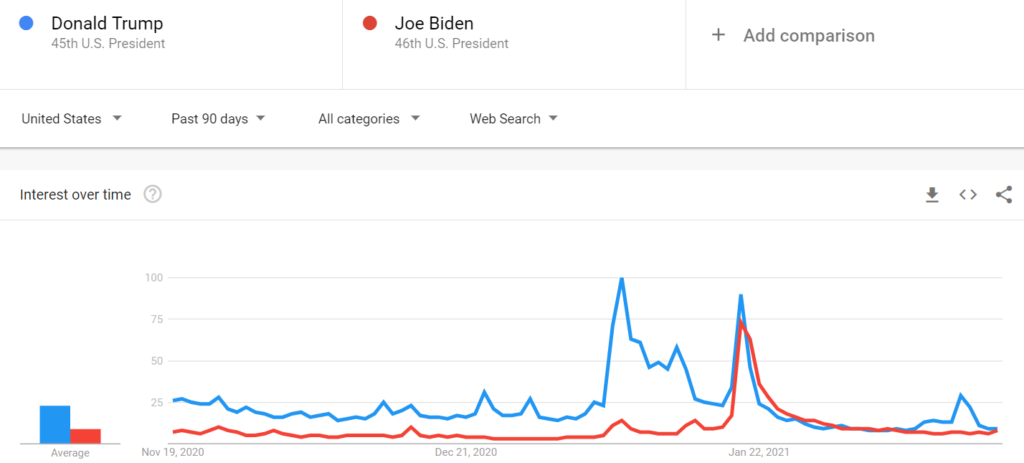Lest you thought that Arteculate had been muzzled by the tech gods for its incisive stories and dark wit, fear not! In fact, we’re still perfectly happy to discuss topics like how information moves freely around the internet — and how it doesn’t. Like many of you, our editorial staff was just a wee bit preoccupied with politics over the past 5-6 years (is that why we stopped posting?), and understandably so, which sets the stage for what you’re about to read.
The emergence of a (freer?) marketplace of ideas
Worlds started to collide around 2015– no longer did social media sit in one corner and politics in another, while mainstream media took its seat at the head of the table, and fringe groups sat in the closet; suddenly, all these entities’ voices had become amplified and mixed into the zeitgeist. Though many perpetuated their echo chambers and talked about the other groups rather than inviting diverse perspectives, at least they heard more about what the other groups were hearing. And that was probably great for many small voices, especially fringe groups trying to get their message out. Just imagine being the social media manager for the Ku Klux Klan, which must have gotten more mentions in the mainstream media per week than they have members (I’ll save you a click: the ADL estimates <3,000 klansmen nationwide). [Editor’s note: our author just couldn’t stop himself from including this example, and we cringe along with you, dear reader]
So given the discourse potpourri (or perhaps more of a dumpster fire?) isn’t it wild that, within days of Twitter, Facebook, and others banning Trump from their platforms, everything seemed to cool off dramatically? If you imagine the entire media landscape as being made up of many nodes, where major outlets have hundreds of millions of connections, prominent individuals have millions or thousands, and most people just have a couple hundred, then maybe it’s not all that surprising that when a few major outlets cancel a prominent individual, the effects of that cancellation across the network are felt rapidly. Still, for a man who’s arguably the second most famous person to have ever lived

and dominated the news cycle for five years, that happened fast. And while it’s only just becoming measurable:

based on water-cooler conversations in the Arteculate newsroom, any mentions of Trump have been overshadowed by Gamestonk and NASA’s Perseverance rover.
Memory-holed, or fizzled out?
So what to make of this meandering review of how messages enter the collective discourse across several media that are more closely intertwined than ever before?
Going back to the network effect discussion above, mentions of Trump after being deplatformed have declined as a result of the connections that would have amplified his messages being broken. So what happened is more than a “fizzling out.” It’s intentional.
But are we being made to forget just how prominent Trump was in the zeitgeist? That is what we cheekily refer to as “memory-holed.” But we haven’t seen much evidence of that, with the possible exception of Trump’s past tweets no longer being accessible on Twitter. What may feel like an extended vacation (separation?) from a deplatformed voice is unlikely to lead us to forget that voice existed or what was behind it. Our intern’s ability to continue to pull off a decent impression of the 45th president gives us great confidence that he continues living inside many heads, rent-free, as they say.
What’s next?
Well, for one, the decision of technology platforms (and elections?) have consequences. And even as prominent individuals start to question the necessity of permanently deplatforming Trump, it would be surprising if this episode has not set a new standard for the role of technology platforms in censoring voices that are deemed dangerous.
Setting aside the actual degree of danger that Trump’s speech posed, one could imagine that @jack saw himself in an analogous position to whoever could have pulled the plug on Rwanda’s RTLM radio station. If the regulators don’t come after the platforms, and if the advertisers keep the money coming [Editor’s note: we love our advertisers!], then this will become normal, and platforms will pat themselves on the back for preventing the emergence of perceived threats to society’s safety.
To that end, I’d expect prominent extremist voices to walk the tightrope of being maximally controversial while avoiding platform cancelation to grow in popularity. The platforms’ cancelation threat will limit how controversial any provocateur or budding politician chooses to be. That might actually reduce extremism and not just send it underground, to the extent that the loudest voices participate, in part, for the attention.
Finally, a pat on the back for our dear censors. From abruptly influencing the zeitgeist by fiat, to creating a permanent chilling effect going forward on radical voices, censorship works. We could have worded that more charitably, but here at our independent oasis of free speech and ideas, we reserve the highest degree of skepticism for self-anointed saviors of society. The burden of proof for removing ideas and opinions from the discourse should be sky-high and we continue to question whether platforms made the right call.